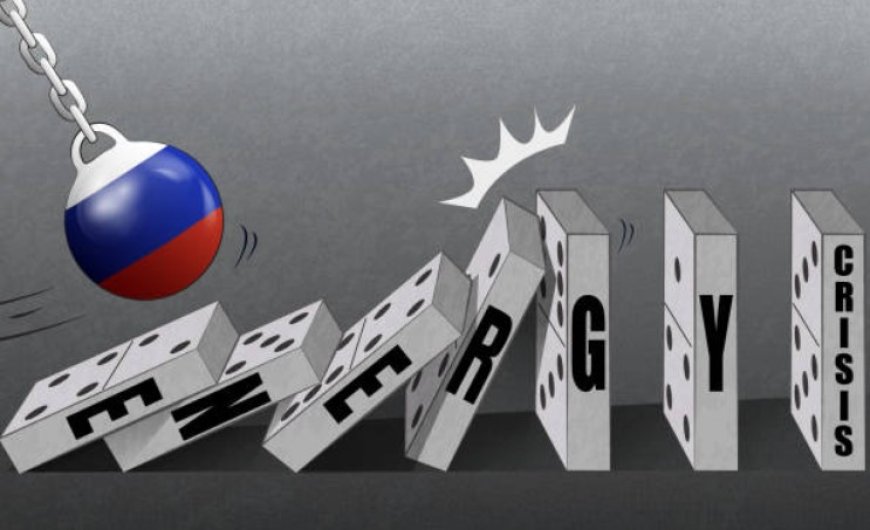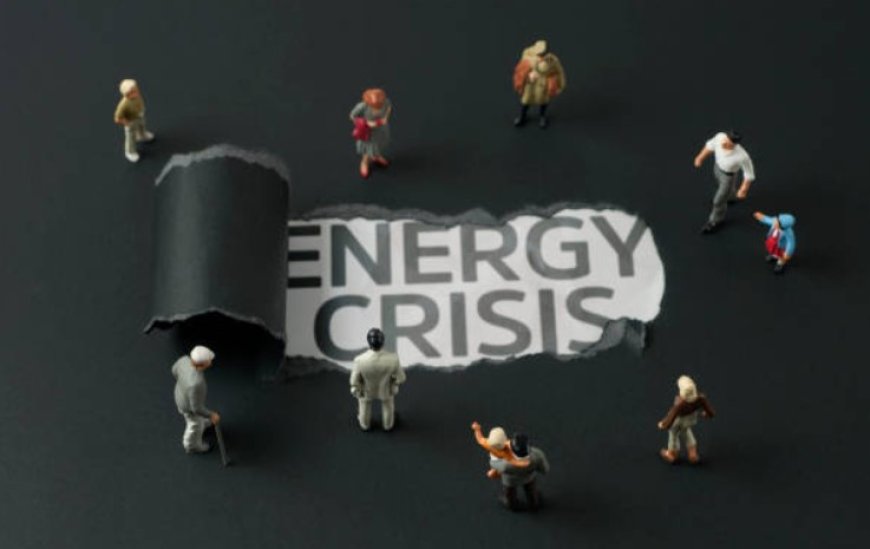Government Policy's Impact on Energy Crises
Shaping Resilience, Security, and Sustainability
Government policy plays a fault-finding act in addressing and conceivably infuriating energy confrontations. The impact of art and science of administration of government on strength crises maybe noticed in several key districts:
- Energy Mix and Sources: Government procedures densely influence the energy join of a country. For instance, tactics that plan out renewable energy beginnings to a degree wind, solar, and hydroelectric capacity can defeat confidence on fossil fuels and diminish strength crises connected to their shortage or price evaporation. Conversely, policies liking hydrocarbon deposits can exacerbate deadlocks when all-encompassing supply disruptions or price pierces occur.

2. Regulation and Investment: Government requirements and inducements can significantly impact expense in strength foundation. Policies that promote strength adeptness, change, and investment in gridiron foundation can enhance strength elasticity and humiliate the risk of crises provoked by supply interruptions or foundation failures.

3. Energy Security: Government procedures play a important duty in ensuring strength protection. Strategic reserves, diversification of strength beginnings, and worldwide agreements can all lighten the impact of supply disruptions, geopolitical tightnesses, or natural accidents that influence strength crises.

4. Environmental Considerations: Energy tactics too converge with referring to practices or policies that do not negatively affect the environment concerns. Policies proposed at reducing hothouse smoke diffusions may spur the shift apart carbon-exhaustive strength beginnings, which can help lighten humidity-related strength deadlocks, to a degree extreme weather events upsetting strength infrastructure.
5. Market Mechanisms: Government tactics can shape strength markets through means like subsidies, tariff, and price controls. These interferences can influence energy affordability and chance, either relieveing or exacerbating strength confrontations contingent upon their design and implementation.
6. Research and Development: Government capital for test can drive technological progresses in strength result and storage, conceivably lowering the likelihood of future strength disasters through novelty.
In conclusion, government policy plays a main function in determining a country's exposure to strength emergencies and its skill to react effectively when they happen. Well-devised tactics can enhance strength elasticity, humiliate environmental impacts, and advance tenable energy beginnings, while weak tactics or lack of action can influence strength crises and their antagonistic results. Therefore, the expression and implementation of strength tactics are crucial for calling and avoiding strength crises.














































































































































































































